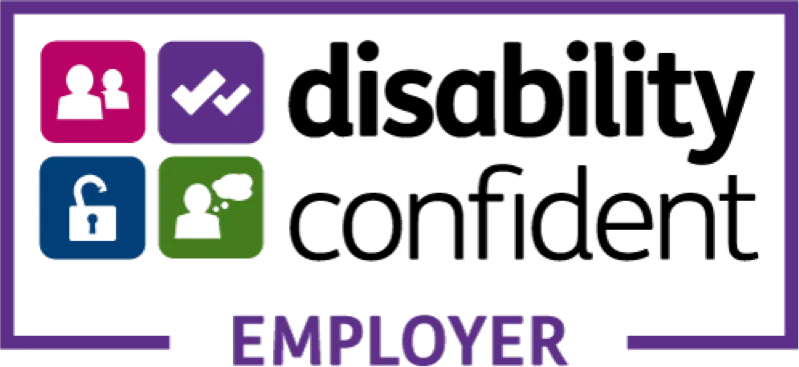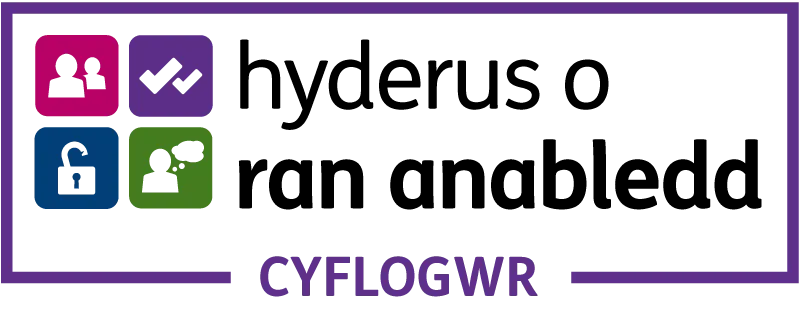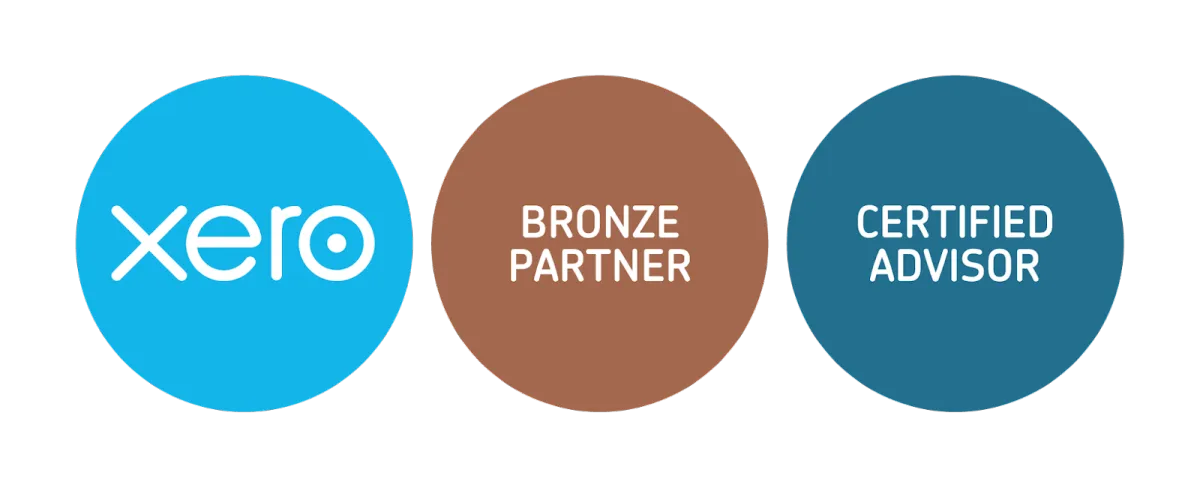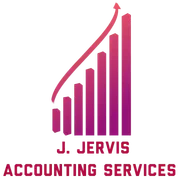Knowledgebase
Search J. Jervis Accountancy Services' articles and guides

VAT Domestic Reverse Charge
What is a VAT Reverse Charge?
In simpler terms the VAT Reverse charge means that Customers themselves will be charging VAT, and those Supplying construction services to a VAT registered customer no longer have to account for this. It applies to both standard and reduced-rate VAT supplies. It doesn’t apply to zero-rated supplies.
The charge has been implemented by HMRC to combat fraud. By making VAT the responsibility of the customer, the supplier has no opportunity to go ‘missing’ before paying VAT to HMRC.
The change has been made in order to reduce “missing trader” fraud, which is estimated to result in lost VAT revenue of around £100m each year. Furthermore, Charge is effectively an extension of the Construction Industry Scheme (CIS) and applies only to transactions reported under the CIS and are between the VAT- registered contractors and sub- contractors.
= Those supplying construction services to a VAT- registered customer no longer have to account for the VAT.
When was it Introduced?
Initially the plans were due to come into effect as of 2019, however the charges were postponed due to BREXIT and COVID. The VAT Reverse charge is now fully affective and in place as of March 1st, 2021.
For invoices issued before 1 March 2021 the normal VAT rules will apply. For invoices issued on or after 1 March 2021 the reverse charge will apply
before 1 March 2021 and the payment date will be on or before 31 May 2021, use the normal VAT rules
before 1 March 2021 and the payment date will be on or after 1 June 2021, use the domestic reverse charge
on or after 1 March 2021, you must use the domestic reverse charge
Does it apply to me?
The VAT Domestic Reverse charge applies to those that are VAT- registered and are supplying or receiving services that are reported under CIS
As a supplier/ Subcontractor
If you’re a supplier, you’ll no longer charge VAT on your ‘specified supplies’ to VAT registered customers. Due to no longer paying the VAT on some sales, they may become repayment traders, for example, claim VAT refunds from HMRC.
Suppliers should consider changing their VAT returns from quarterly to monthly to speed up payments due from HMRC. It is possible to apply Reverse Changes to only some of your purchases and to some of your sales. And if Reverse charges do not apply, Normal VAT will be used.
Subcontractors
The Reverse Charges mean little, as when you Invoice you will be passing over the VAT charge. However, it may mean you will need an alteration in your accounting systems as the way you reconcile or compare customer payments against invoices, as VAT registered customers will withhold the VAT elements for them to use in regard to any CIS related supplies.
Noteworthy: On completing your VAT return, you must enter the value of any output tax on sales in in Box 6 not box 1
This process makes everything more traceable, transparent, and direct to the HMRC. So that fraudulent activity is nullified.
Contractor
If you are a contractor and purchase any CIS regulated services, you will need to correctly account for any Reverse Charge Invoices.
Any VAT due will need to be directly paid to the HMRC as part of your normal VAT settlement process.
This may result in a cash flow benefit because the VAT you previously paid to sub-contractors, is netted off in your VAT return. there should be NO net impact on your overall bill.
Noteworthy: Enter the value of such purchases (output tax) in Box 1 of the VAT return. You can reclaim the input tax in Box 4 of the VAT return. Box 7 value of purchases in the normal way.
The government will apply a ‘light touch’ in dealing with any errors made in the first six months of the new legislation.
Scenario Current vs New VAT Reverse Charge
Before March 2021
A subcontractor invoiced £500 plus VAT of £100 to a contractor. The contractor would pay £600 to the subcontractor.
As of March 2021.
The subcontractor would invoice £500 and state reverse charge VAT rules Apply. The contractor would pay £500 to the subcontractor.
Subcontractor: would therefore include in box 1 a VAT amount of £Nil. but would still declare a net sale of £500 in box 6 VAT return, and therefore would not pay anything to HMRC.
Contractor: Must account for the reverse charge on its VAT Return. Therefore, they include it as a sale in BOX 1 of their VAT return £100 ,and an input recovery amount of £100 in box 4. As a result, the contractor would also not pay or receive anything from HMRC.
What services does the VAT Reverse charge apply to?
¨ constructing, altering, repairing, extending, demolishing, or dismantling buildings or structures (whether permanent or not), including offshore installation services
¨ constructing, altering, repairing, extending, demolishing of any works forming, or planned to form, part of the land, including (in particular) walls, roadworks, power lines, electronic communications equipment, aircraft runways, railways, inland waterways, docks and harbours, pipelines, reservoirs, water mains, wells, sewers, industrial plant and installations for purposes of land drainage, coast protection or defence
¨ installing heating, lighting, air-conditioning, ventilation, power supply, drainage, sanitation, water supply or fire protection systems in any building or structure
¨ internal cleaning of buildings and structures, so far as carried out in the course of their construction, alteration, repair, extension or restoration
¨ painting or decorating the inside or the external surfaces of any building or structure
¨ services which form an integral part of, or are part of the preparation or completion of the services described above - including site clearance, earth-moving, excavation, tunnelling and boring, laying of foundations, erection of scaffolding, site restoration, landscaping and the provision of roadways and other access works
Excluded from the Reverse Charge:
¨ drilling for, or extracting, oil or natural gas
¨ extracting minerals (using underground or surface working) and tunnelling, boring, or construction of underground works, for this purpose
¨ manufacturing building or engineering components or equipment, materials, plant or machinery, or delivering any of these to site
¨ manufacturing components for heating, lighting, air-conditioning, ventilation, power supply, drainage, sanitation, water supply or fire protection systems, or delivering any of these to site
¨ the professional work of architects or surveyors, or of building, engineering, interior or exterior decoration and landscape consultants
¨ making, installing and repairing art works such as sculptures, murals and other items that are purely artistic signwriting and erecting, installing and repairing signboards and advertisements
¨ installing seating, blinds and shutters
¨ installing security systems, including burglar alarms, closed circuit television and public address systems
If the Reverse VAT charge doesn’t apply?
If you are not affected by the reverse charge then you normal VAT rules and procedures still apply.
Changes to Invoices
Invoices need to clearly indicate the reverse charge apply, using correct Terminology.
HMRC suggest using;
Reverse charge: VAT Act 1994 Section 55A applies
Reverse charge: S55A VATA 94 applies
Reverse charge: Customer to pay the VAT to HMRC
Invoicing for Mixed Supplies, that include VAT Reverse Charge
If you are invoicing for mixed supplies that include a VAT Reverse charge, you should apply the VAT reverse charge to the whole invoice, which will make administration simpler.
It also worth noting, Flat Scheme rate users, Private Customers, Non registered VAT customers and Overseas work do not comply with the reverse charge.
End Users and Intermediary Supplier Businesses?
¨ End Users = Don’t make onward supplies of the building and construction services. Any end-users who are registered for VAT and CIS will need to ensure their suppliers don’t apply the reverse charge on services supplied to them by issuing a declaration of end user status.
¨ Intermediary suppliers = Are VAT and CIS--registered businesses that make onward supplies of construction services to End users / are connected and linked.
How to prepare for the changes
It is vital those affected by the charges be prepared as follows:
Make sure all their staff who are responsible for VAT accounting are familiar with the reverse charge and how it will work
In the case of end users and intermediary suppliers, notify their suppliers that they are exempt from the reverse charge unless they stand to gain cash flow benefits by not doing so
In the case of suppliers, move to monthly VAT returns, to minimise the cash flow burden if they are no longer net payers of VAT.
FAQ
What is the difference between bookkeeping and accounting?
Bookkeeping is the process of recording financial transactions and preparing financial reports. Accounting is a broader term that encompasses bookkeeping, as well as other tasks such as financial analysis, tax planning, and auditing.
What kind of businesses do you work with?
We work with a variety of small businesses, including restaurants, retail stores, professional services firms, and online businesses.
What are your qualifications and J Jervis Clients Experience?
All of our bookkeepers are qualified and experienced professionals. They have the necessary training and experience to provide accurate and reliable bookkeeping services.
Do I need an accountant for Self Assessment, and when is the Self Assessment deadline?
Yes, an accountant can help with self-assessment. You must file your tax return online by 31 January after the tax year. They ensure accurate submissions, maximize allowances, and help you avoid penalties.
How often must I submit VAT Returns, and what records should I keep?
Most VAT returns are submitted quarterly. You are required to maintain digital VAT records and submit your returns using compliant software. We ensure that records are accurate, reconcile VAT, and submit VAT returns on time.
Do all VAT-registered businesses need Making Tax Digital (MTD) for VAT software?
Yes, all VAT-registered businesses must comply with MTD for VAT. This means you must keep digital records and file your VAT returns using software. We offer MTD-ready systems, training, and ongoing support for VAT compliance.
How do payroll services and RTI submissions work for small businesses?
Payroll services assist small businesses by calculating employee pay and deductions and issuing payslips. Under Real Time Information (RTI) rules, employers must report payroll to HMRC on or before payday. We ensure accurate payroll management and submissions.




J. Jervis Accounting Services ©2026 Privacy Policy | Terms
Web & CRM Designs By Agency Name








